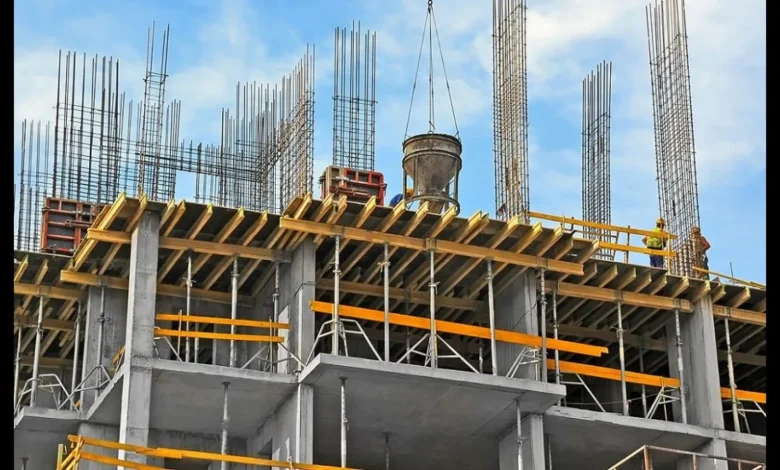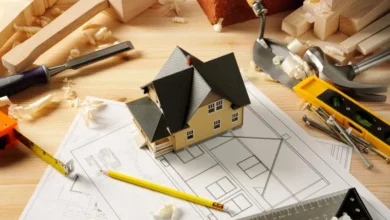Scaffolding Rentals for High-Rise Buildings: What You Need to Know

Are you considering scaffolding rentals for your next high-rise construction project? What key factors must you know when renting scaffolding or staging for tall buildings? Scaffolding is crucial for ensuring the safety and efficiency of construction work on high-rise buildings. Let’s explore the essential aspects of scaffolding rentals for high-rise buildings.
Choosing the Right Type of Scaffolding
Selecting the appropriate type of staging is essential for scaffold hire. Different projects require different scaffolding systems. For tall structures, suspended staging is often used. This type is hung from the top of the building and can be adjusted to various heights. It’s ideal for projects where space at the base of the building is limited.
Safety Considerations
Safety is the most critical factor when dealing with high-rise scaffolding. Proper installation and maintenance are vital to prevent accidents. Certified professionals should always handle the setup and dismantling of scaffolding.
Regular inspections ensure that the structure remains secure and safe for workers. Safety harnesses and guardrails are also essential for protecting workers from falls.
Understanding Regulations and Compliance
Construction projects must comply with local regulations and standards. This includes scaffolding used in high-rise buildings. Regulations may vary depending on the location, so it’s essential to familiarise yourself with the rules in your area. Hiring a staging rental company that understands these regulations can assist in ensuring compliance and avoiding legal issues.
Benefits of Renting Scaffolding
Renting scaffolding for high-rise buildings offers several advantages. It’s cost-effective, as purchasing staging can be costly. Renting also provides flexibility, allowing you to choose the right type and amount of scaffolding for each project. Additionally, rental companies often include maintenance and inspections, ensuring the staging remains safe and in good condition.
Key Features to Look for in a Rental Company
When selecting a scaffolding rental company, several factors should be considered. Here are some key features to look for:
- Experience and Reputation: Choose a company with a solid track record and positive reviews.
- Compliance with Standards: Ensure the company adheres to safety regulations and industry standards.
- Quality of Equipment: Check that the scaffolding is high-quality and well-maintained.
- Customer Support: Opt for a company that offers excellent customer service and support throughout the rental period.
Planning and Logistics
Proper planning is essential for a successful staging project. This includes scheduling the delivery and setup of the scaffolding. Ensure that the rental company can accommodate your timeline. Coordination with other contractors is also crucial to avoid delays. Logistics planning should include placing and storing scaffolding materials to minimise disruption.
Cost Considerations
Understanding the cost of staging rentals is essential for budgeting purposes. Rental fees can vary based on several factors, including the type of scaffolding, the duration of the rental, and the height of the building. It’s advisable to get quotes from multiple companies to compare prices. Remember to factor in additional costs such as delivery, setup, and maintenance.
Maintenance and Inspections
Regular maintenance and inspections are crucial for scaffolding safety. Rental companies should provide routine checks to ensure the staging is in good condition, and qualified personnel should conduct inspections. Any issues should be addressed immediately to prevent accidents. Proper maintenance extends the lifespan of the staging and keeps it safe for workers.
Scaffold hire for high-rise buildings requires careful planning and consideration. From choosing the right type of staging and ensuring safety to understanding regulations and managing costs, every facet is crucial to the success of your project. By staying informed and prepared, you can ensure that your high-rise construction project runs safely and efficiently, providing a secure environment for workers and contributing to the successful completion of your building.





